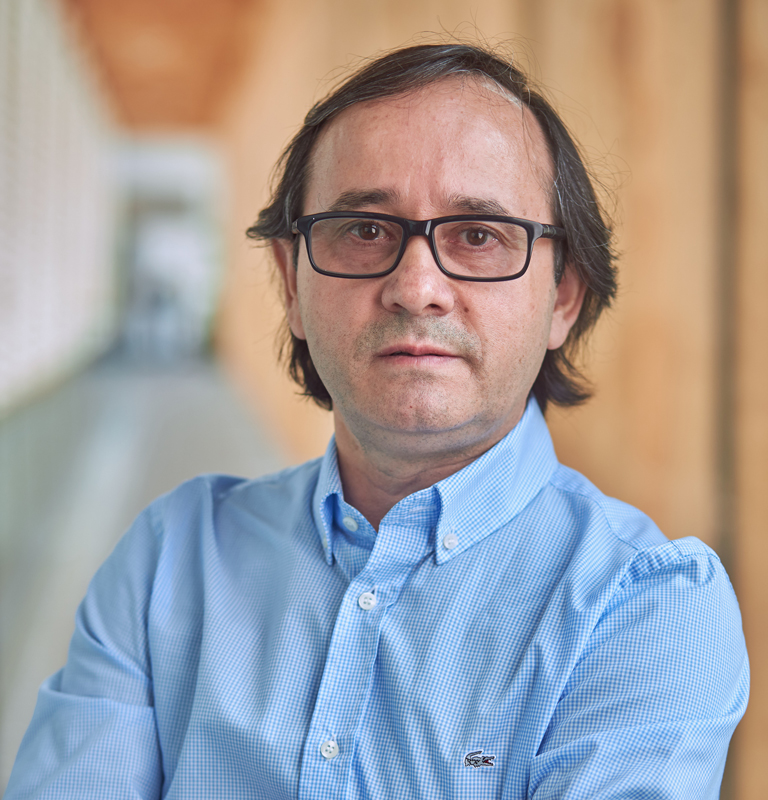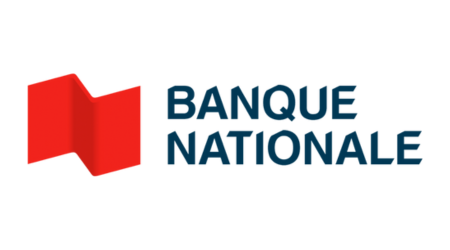
Strategic Research Chair in Indigenous Health and Indigenous Perspectives
Strategic Research Chair in Indigenous Health and Indigenous Perspectives
Background
In the 2021 census Indigenous peoples comprised 5% of Canada's population. They face a number of disparities related to health and wellbeing. Indigenous peoples are overrepresented when it comes to a number of health problems, such as chronic pain, infant mortality, suicide, as well as alcohol and drug addiction. The same can be said with respect to social determinants such as food insecurity, lack of access to health care, lack of community infrastructure and housing, abuse, and homelessness.
The scientific literature shows that cultural insecurity, discrimination, racism, and misunderstanding of Indigenous realities by health care institutions and by some health care professionals has a negative impact on Indigenous peoples' use of health and social services. Consequently, the health care system appears particularly dysfunctional when it comes to meeting the needs of Indigenous communities.
In the spirit of mobilization and self-determination of Indigenous peoples, and a commitment to valuing language, family relationships, available paths to healing and connection to the land, this Chair adopts a governance model guided by the principle of collaborative research with Indigenous peoples, all with a view to the decolonization of knowledge.
Mission
The mission of the Chair is to co-develop knowledge about:- Indigenous lifestyles;
- Indigenous roles, ancestral traditions, and life journeys;
- holistic environments favourable to the growth of Indigenous communities.
Research Areas and Objectives
The work of the current Chair is structured around four research areas identified during a consultative process. This process was carried out with Indigenous communities in Abitibi-Témiscamingue, stakeholders in the region, and on the North Shore, UQAT students, and UQAT faculty who work on issues related to Indigenous peoples. Members of the First Nations of Quebec and Labrador Health and Social Services Commission (FNQLHSSC) also took part in the consultative process.
AREA 1: Indigenous Lifestyle Habits and Chronic Illnesses
Under the direction of Professor Anne-Marie Leclerc (Department of Nursing Sciences – Université du Québec à Trois-Rivières)
Objectives
- Document Indigenous peoples' healthy eating habits, and their benefits on Indigenous peoples' health;
- Outline the role of Indigenous spirituality and physical activity on healthy lifestyles;
- Differentiate Indigenous reports by sex and gender (female, male, LGBTQ2S+) for alcohol and drug consumption.
AREA 2: Indigenous Roles, Ancestral Traditions, and Life Journeys
Under the direction of Professor Jacinthe Dion (Department of Psychology – Université du Québec à Trois-Rivières)
Objectives
- Gain a clearer understanding of the relationships between Indigenous family elders and children in terms of fostering ancestral traditions and language;
- Describe family strategies and internal mechanisms in Indigenous communities that foster sharing and the preservation of their traditional culture;
- Increase the understanding of Indigenous life journeys with respect to paternal and maternal roles connected to ancestral Indigenous values.
AREA 3: Indigenous Knowledge in Modern Health-care Spaces
Under the direction of Professor Ioana Radu (School of Indigenous Studies – UQAT) and Professor Dave Bergeron (Department of Health Sciences – Université du Québec à Rimouski)
Objectives
- Describe the factors that help Indigenous people reclaim control over their health and help build cooperative services provided to Indigenous people that are aligned with a holistic view of health;
- Further knowledge that allows for improved coexistence of Indigenous and Western knowledges in the health care system;
- Identify environmental factors that facilitate Indigenous physical and mental health.
AREA 4: Holistic Environments Favourable to the Growth of Indigenous Communities
Under the direction of Professor Augustin Ependa (School of Social Work - UQAT) and Professor Vivaldo Mathias (Department of Language and Culture - Universidad Intercultural Indígena de Michoacán (Mexico)
Objectives
- Document the current state of and trends in ecological (or ecosystem) services and Indigenous quality of life;
- Characterize the capacity of individual, family, and community resilience in Indigenous communities, so as to develop an ecological environment favourable to the development of these communities;
- Outline Indigenous relationships relative to the meaning Indigenous people give to living together as a community (in a holistic environment) on land that fosters their health.
(Français)
 En savoir plus
En savoir plus
(Français)
 En savoir plus
En savoir plus
(Français)
 En savoir plus
En savoir plus
(Français)
 En savoir plus
En savoir plus
Chairholder
Oscar Labra
Professor
School of Social Work
Expertise
- Indigenous issues
- Pandemics - COVID-19
- Men's health
- Social work and health
- Psychosocial consequences of natural disasters
- HIV-AIDS
- Social representation
- Sociocultural aspects of health
Information
Oscar Labra, Chairholder, Strategic Research Chair in Indigenous Health and Indigenous Perspectives
School of Social Work
Telephone: 819-762-0971, ext 2335
Email: oscar.labra@uqat.ca
Researchers
- Dave Bergeron
Département des sciences de la santé – Université du Québec à Rimouski - Renée Brassard
École de travail social et de criminologie - Faculté des sciences sociales - Université Laval - Jacinthe Dion
Département de psychologie – Université du Québec à Trois-Rivières - Augustin Ependa
École de travail social - UQAT - Anne-Marie Leclerc
Département des Sciences infirmières – Université du Québec à Trois-Rivières - Vivaldo Mathias
Département de langue et culture - Université Interculturelle Indigène de Michoacàn, Mexique - Ioana Radu
École d'études autochtones – UQAT



